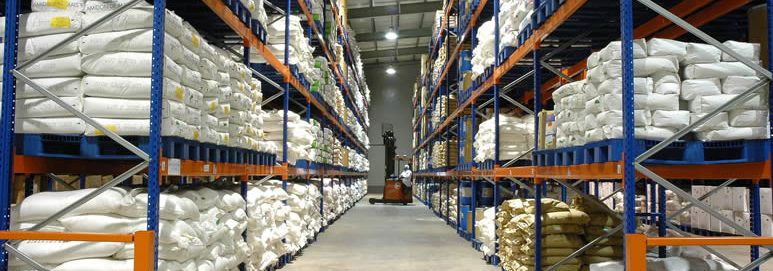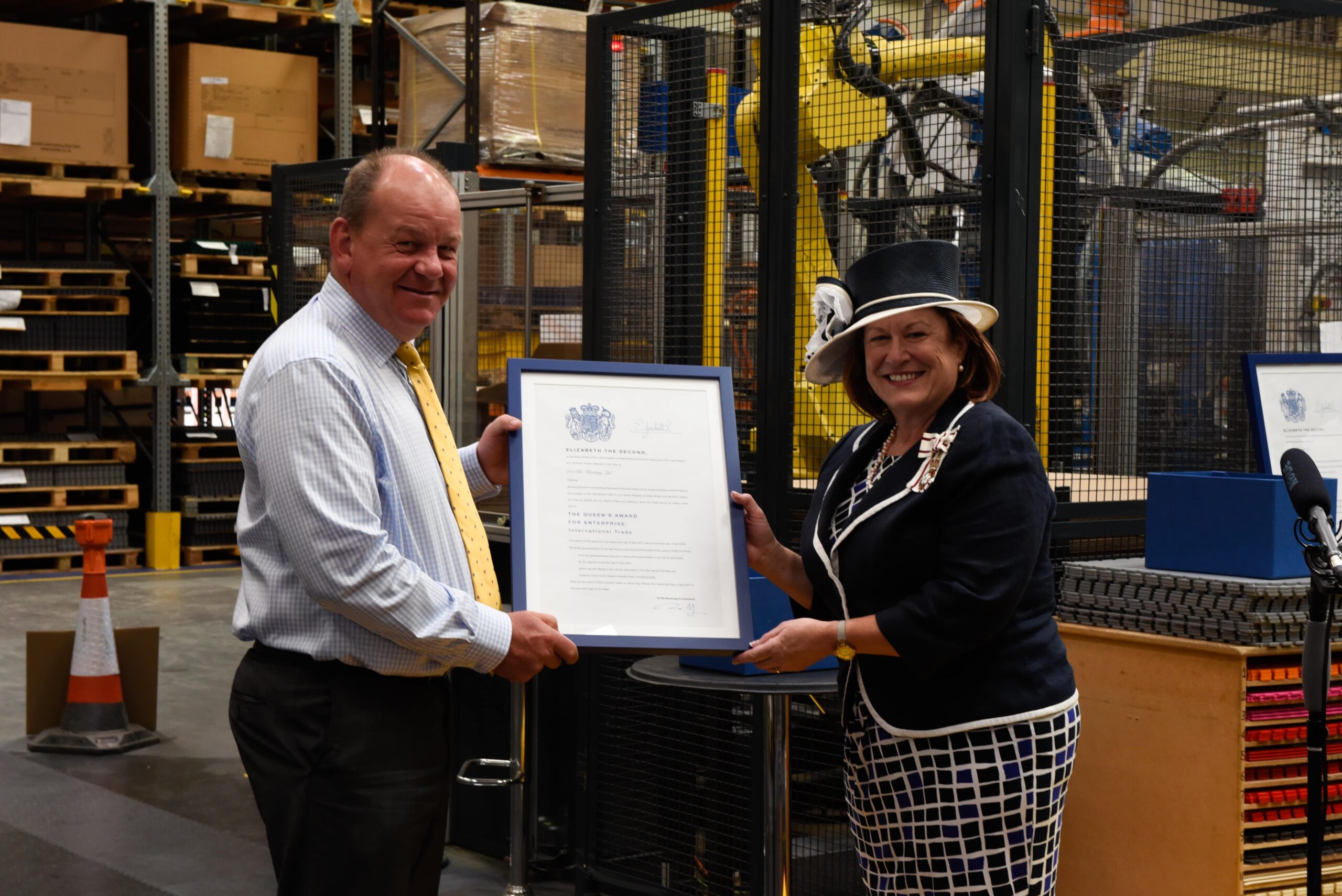
If you are a warehouse manager or operator looking for ways to improve efficiency then taking a sustainable approach could yield some very welcome results.
While many people mistakenly think about sustainability purely in terms of it being good for the environment – and who could argue with that – more and more of us are looking to some of the innovations in sustainability as a smart way to maximise resources and drive up productivity.
In countries around South East Asia, where demand for natural resources is leading to an increasing focus on sustainable practices, warehouse operators are becoming more and more adept at making sure that nothing goes to waste by implementing sustainable warehouse management practices.
Whether it’s by focussing on human productivity, warehouse design, or maximising energy resources, taking their three pillared approach to warehouse sustainability could lead to increased saving and profits right across the board.
Warehouse design
Good design is more than making a warehouse look nice. It is right at the centre of all efforts to create an efficient and profitable workplace.
Good design should assist the following functions: Removing wasteful and unnecessary steps in the movement of goods, vehicles and people around the facility. For example with the use of clear and well thought out demarcation zones. Maximise cube-wise space (length, width & height) to ensure that capacity isn’t reached before its time.
Finally, to futureproof the facility so that new integration of technology and functions can be added with minimum down time and costs.
Get this right and your warehouse can function like a well-oiled machine. You should spend time collecting as much data as you can on everything from floor flatness to the weather, and consider how every element can impact on the efficient operation of your warehouse.
Energy efficiency
Warehouses can consume vast amounts of energy. This significantly drives up costs and puts pressure on your bottom line. Whether you have a soft spot for polar bears or not, a bit of careful planning in this department will have benefits for your business, your workforce and the environment.
From LED lighting to making use of skylights for natural lighting; using insulated warehouse flooring rather than cheap paint; using natural ventilation wherever possible; even converting kinetic activity into power – all of these supposedly ‘green’ practices can save you up to 20% a year.
Process automation
Automating your labour intensive tasks is the final pillar in warehouse sustainability. Switching from paper to digital track and trace methods, for example, not only reduces paper consumption but addresses traceability. This is one of the biggest concerns in logistics.
Beyond this you should consider incorporating the latest technologies wherever possible to achieve a fully-sustainable warehouse system. This can include everything from bar-coding, pick-to-light technology and sortation systems.
Sustainability may be a bit of a buzz word right now, but you can soon see how many of the ideas and innovations behind it can be used to really push on and improve your business in every area from customer satisfaction and staff retention to lower energy bills. Taking the time to address these issues should not just be seen as a green initiative, but as a whole new method of ensuring that your warehousing businesses thrives for many years to come.
About Ecotile
Ecotile are a British manufacturing company that specialise in the design, manufacture and installation of the world’s leading interlocking floor tile. We offer innovative warehouse flooring solutions suitable for a wide range of industrial and commercial applications.
To find out more about us Ecotile Industrial Flooring contact us today on +44 (0) 1582 788 232
Image by Beximco Pharma. Uses under the Creative Commons License

CEO and founder James Gedye has established Ecotile as the leading provider of interlocking floor tiles to the UK and around the world. Founded in 1996 from his bedroom turned office, James has built Ecotile into a multi-million-pound business, with sustainability still at the heart of his vision.
Based in Luton, Bedfordshire, Ecotile remains a privately owned UK manufacturing company, precision engineering all products in a purpose-built ISO accredited factory.
Leading the company to 2 prestigious Queens Awards in 2017 for Enterprise for Innovation and International Trade, these accolades underline James’ desire to create the highest quality products and fly the flag for British manufacturing. Working directly with leading businesses for over 25 years, James’ Ecotile brand has become synonymous with trust.
Used by 1000s of leading businesses, trusted by the MoD and specified by contractors, Ecotile floor tiles can be found across the world.
Connect or follow James on LinkedIn…

